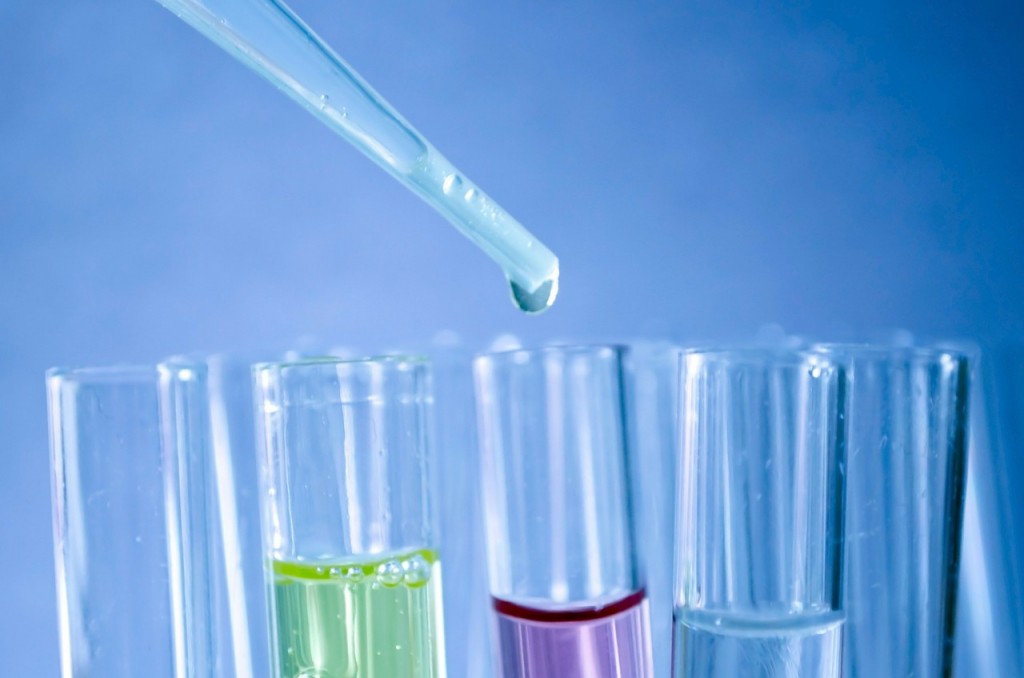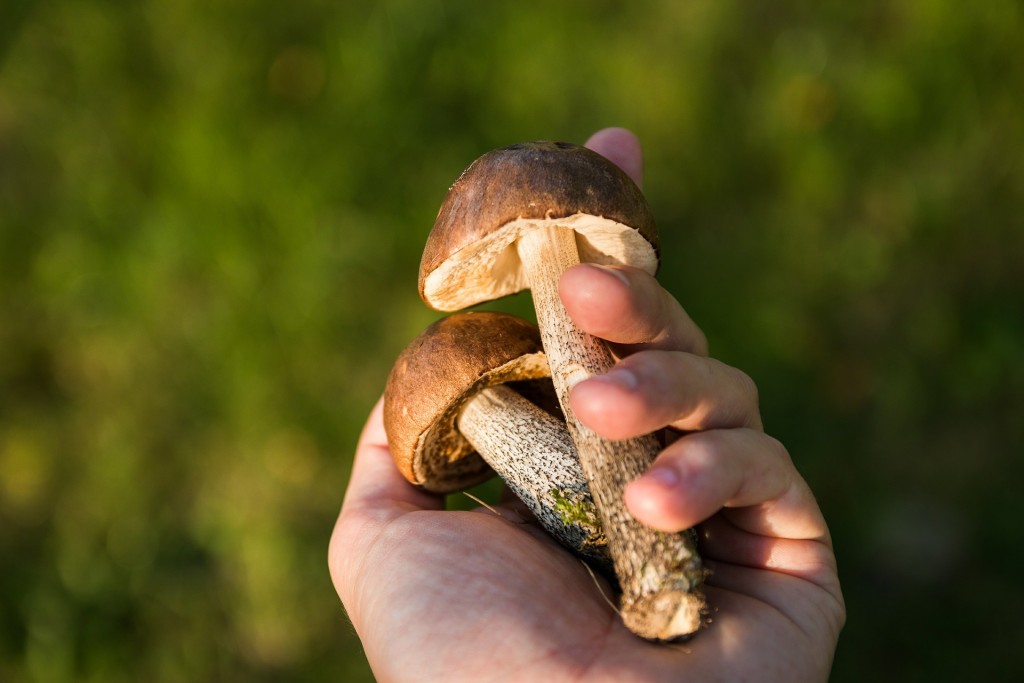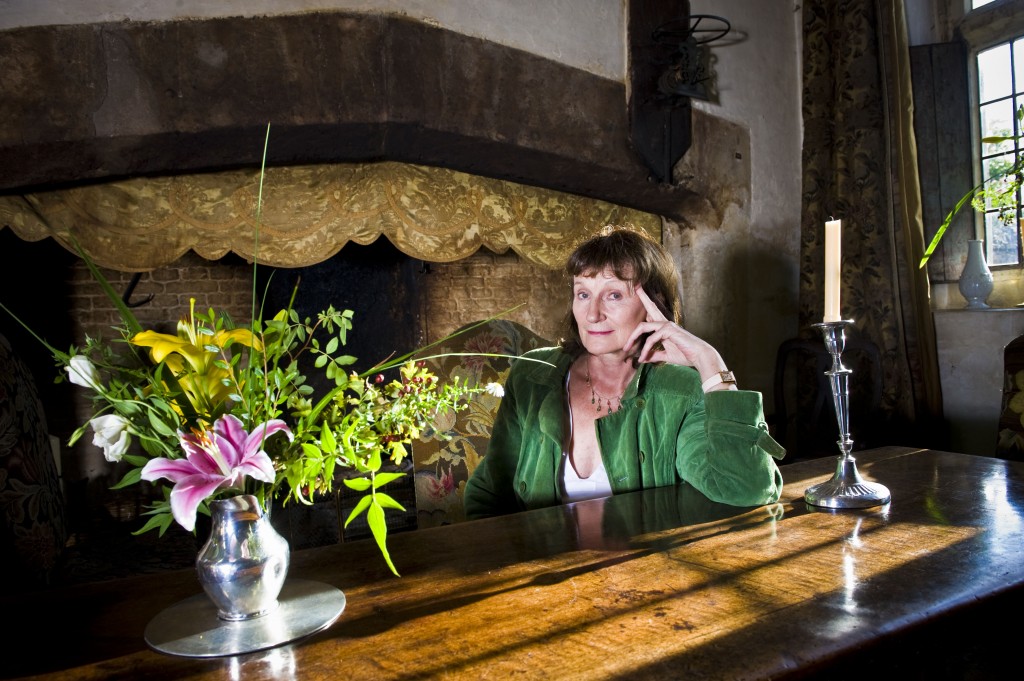For anyone tracing the fortunes of psychedelic research, the last few years have been a whirlwind ride. Once considered a great hope for psychiatry, this line of enquiry came to an abrupt end in the 1960s – a casualty of anti-hippie sentiment and the ‘war on drugs’. More recently, though, we seem to have come full circle, with a new wave of scientists and thinkers picking up where their predecessors left off.
In 2005, the British medical press saw its first editorial on psychedelic therapy in decades. This was followed by a symposium at the Royal College of Psychiatrists and a major international conference. Since then, dozens of studies have got underway, attempting to determine whether the likes of LSD, psilocybin, MDMA and ketamine might have uses beyond the recreational.
Most recently, a study into psilocybin for depression, led by Dr Robin Carhart-Harris at Imperial College London, made headlines across the world. The findings, published in The Lancet Psychiatry in May, suggested not only that psilocybin was safe to use, but that it could offer hope for treating depression where standard treatments have failed.
While these results have been heralded as a major breakthrough, the researchers themselves have counseled caution. As a small, proof-of-concept study, with only 12 participants, the trial can’t be taken as anything more than a starting point.
The same applies to, say, the finding that ayahuasca stimulates the birth of new brain cells, or that LSD-assisted psychotherapy might reduce anxiety from terminal illness. If any of these drugs are to be approved for therapeutic uses, they will first need to undergo large clinical trials, complete with a placebo group and double blinding.
“There are suggestions of efficacy here that require a better-controlled, more rigorously done and bigger study that scrutinises that efficacy,” Carhart-Harris explains.
Unfortunately, given the legal standing of these substances, this will be far from an easy ride. While a rigorous, multi-stage trial is par for the course in drug development, psychedelic researchers are uniquely disadvantaged in getting this off the ground. No matter how encouraging their early results, they have a long and labyrinthine road ahead.
Money troubles
For Dr Ben Sessa, a Bristol-based psychiatrist, researcher and writer, the principal roadblock is simply money.
“I’d like to say that we’ve come a long way and we’re moving into a period of great acceptance, but these studies are still difficult and costly and lengthy,” he says. “This applies to any human pharmacology study, but most of that research is sponsored by the pharmaceutical industry, and there’s no pharma industry money here.”
Sessa has been involved with the research revival from the outset, both as a doctor and as a research subject. Since 2009, when he became the first person in 33 years to be legally administered a psychedelic drug in the UK, he has worked on most of the UK-based studies in the field. He is currently setting up two clinical studies in MDMA-assisted psychotherapy, one for PTSD and the other for alcoholism.
As he sees it, pharma companies have no real incentive to fund psychedelic research. Drugs of this nature are not under patent, meaning anyone would be able to make them with the right licenses. Usage patterns, too, put a dampener on profitability: since patients would only receive two or three doses in total, large quantities would not be required.
“Most psychiatric drugs, like SSRIs, are maintenance therapies – you take them day in, day out, sometimes for years, and they mask the symptoms,” says Sessa. “But MDMA or psilocybin therapy is, if I dare use the word, somewhat curative, so there’s no product there for the pharma industry. Why would they throw tens of millions of dollars at this product when there’s very little profit to be made from its use?”
As a result, researchers have been forced to find more creative sources of funding, ranging from to anonymous benefactors to government grants to charitable organisations. Others have noted a new wave of entrepreneurial interest, which could conceivably gather momentum in the years ahead.
One major player in this field is the Beckley Foundation, a UK-based NGO that helps set up research and allocate funding. Its Beckley / Imperial Research Programme has led not just to the psilocybin for depression trial but also the first ever neuroimaging study with LSD, as well as an upcoming study into how DMT affects brain function.
Its science officer, Anna Ermakova, is tasked with assessing the studies that apply for sponsorship. She says that as the evidence base grows stronger and stigma decreases, government grants may well become easier to obtain.
“The Medical Research Council, which is the biggest sponsor in the UK of biomedical research, funded the psilocybin for depression study, and I think this is going to happen more in the future,” she remarks.
Unfortunately, even pending this kind of boost, the cash pool is only likely to run so deep. In a cruel twist of the knife, these hard-to-fund studies are far more expensive than they need to be.
Take the psilocybin for depression trial, which cost a steep £1,500 to dose each person. According Prof David Nutt, who worked on the study, the equivalent figure in a ‘sane world’ might only be £30.
“Getting ethics approval was quite drawn out and difficult, and then the biggest delay was around getting the drug,” says Carhart-Harris. “You might think that would have been quite trivial, but there are only a small number of companies around the world that even synthesise psilocybin, let alone make it to GMP [good manufacturing practice] standards.”
Scheduling conflicts
The issue here is that psilocybin – along with LSD, MDMA and even cannabis – is classed as a ‘schedule 1’ substance, which means it has no recognised medical uses. Whereas cocaine and heroin are schedule 2 (i.e, they have a currently accepted medical use, and can therefore be more easily investigated), psychedelics are subject to extraordinarily tight restrictions.
Currently, only one manufacturer in the world produces psilocybin for trial purposes, to the tune of £100,000 per gram. Factor in the cost of a schedule 1 drug license (around £5,000), and it’s easy to see why researching psilocybin costs five to ten times more than researching heroin.
“Only only four institutions in the UK have licenses to deal with schedule 1 substances, whereas pretty much every hospital can handle opiates,” says Ermakova. “The license lasts about eight weeks and you have to keep reviewing it, so it involves a lot of bureaucratic procedures, and a lot of money.”
For many researchers, this situation is not just absurd – it’s a classic catch 22. You can’t do the relevant studies because the drugs have ‘no medical uses’, and you can’t determine any medical uses because it’s so hard to do the studies.
[READ] The Life Lysergic – Cole Moreton profiles Amanda Feilding, founder of the Beckley Foundation
Dr James Rucker, a psychiatrist and honorary lecturer at the Institute of Psychiatry, Psychology and Neuroscience at King’s College London, worked with Carhart-Harris on the psilocybin for depression trial. In 2015, he wrote a letter to the British Medical Journal opining that the current scheduling needs to change.
“It was written because of the frustrations we had with trying to use the drugs – we’d used up all the money going through the government’s regulatory processes,” he explains. “The article was surprisingly well received, probably because I was asking for something quite reasonable. I wasn’t saying it should be decriminalised, just that it should be rescheduled to the same classification as heroin and cocaine. All that practically means is it’s easier for hospitals to store it, and easier for us to do research.”
As his editorial explained, there is no evidence to suggest that psychedelic drugs are habit forming; little evidence to indicate that they are harmful in controlled settings; and a large body of evidence to suggest they could have therapeutic uses.
“These drugs had been used in psychotherapy since the mid 1940s, through the 50s and the 60s, and they were pretty safe in those medically controlled contexts,” says Rucker. “But the drugs had diffused into the American counterculture, and it appears that one way for Richard Nixon to gain control of the anti-war movement was to make psychedelics illegal.”
Despite this background, Rucker feels there has never been much rationale for the drugs to be as restricted as they are.
“It’s true to say that in the recreational context there were isolated cases of LSD and psychedelics causing fairly severe reactions, but I don’t think that was necessarily commensurate with them being placed in schedule 1. I think quite why they were placed there remains a mystery,” he says.
Sessa goes one step further, describing the current scheduling for psychedelics as ‘peculiar, skewed and arcane’.
“We have a drug classification scheme that is not fit for purpose,” he says. “It’s not based on any science whatsoever. Drugs like psilocybin and LSD are incredibly useful in psychiatry, and they’re virtually inert physiologically – there have been no recorded deaths from toxicity. As a pharmacologist I look beyond what the government arbitrarily calls legal or illegal, and I look at the relative benefits of the compound. When you do that, it’s a very frustrating arena in which to work.”
Light at the end of the tunnel?
Whether the scheduling will change is a question in point – Sessa maintains that drug laws have a notoriously fraught relationship with evidence, whereas Rucker feels that our best hope lies with the United States. If the US scheduling system changes (perhaps as a result of the highly emotive MDMA study currently underway for PTSD), there could be a domino effect in which other countries follow suit.
For the time being, researchers have little choice but to accept the state of play. And while it would be a stretch to describe their mood as sanguine – Sessa, for one, has no qualms in expressing his anger – all the experts I spoke to for this piece were hopeful about the long-term prospects.
Carhart-Harris is looking to build on his depression study via a large-scale randomised control trial (RCT). He points out that, as the evidence accumulates, more and more people are likely to become interested in these substances’ potential, perhaps clearing some of the obstacles to drug development.
Ermakova feels that, while medical usage is at least a decade away, the stigma is at last beginning to lift.
“The Daily Mail ran an article on the psilocybin study with a very positive spin,” she points out. “That’s astonishing, that a newspaper like the Daily Mail would ever write anything positive about drugs.”
Sessa agrees that attitudes are changing, albeit slowly. Mainstream media outlets, he says, are drifting towards the terminology of ‘prohibition’, implying that the parallels with Prohibition Era America are perhaps becoming harder to ignore. For now, though, he concedes his job is ‘hard work’.
“I’ve chosen a very difficult time to do this,” he says. “In ten years it’ll be easier because once this first raft of studies are all in, then the government-based bodies or big research companies will be more likely to back future research.”
Rucker agrees. Psychedelic research excites him in part because it is new, a rarity in a field that hasn’t changed much since the introduction of Prozac. Over the next few years, he is hoping to develop trials alongside Carhart-Harris and David Nutt, recruiting patients from the Maudsley Hospital who have so far proven difficult to treat.
Its very novelty, however, is what makes it so frustrating. Rather than coasting along on earlier efforts, researchers have no choice but to put in the grunt work.
“Long after the excitement from Robin’s trial dies down, it will be about getting through those months of badgering people, and making your case again and again to try to get the funding that you need,” he says. “I think with passion and hope does come optimism, but there’s a lot of work to do, and you just have to plod away. It’s early days.”
Abi Millar is a freelance journalist who specialises in medicine and policy. Read her blog here. Tweets @abi_millar







